
Best of Both Sides | Welfare for all — the AI race India should win: Bhaskar Chakravorti
Explore how India can win the AI race by prioritizing social welfare over power, using purpose-driven tech to transform farming and healthcare.

Explore how India can win the AI race by prioritizing social welfare over power, using purpose-driven tech to transform farming and healthcare.
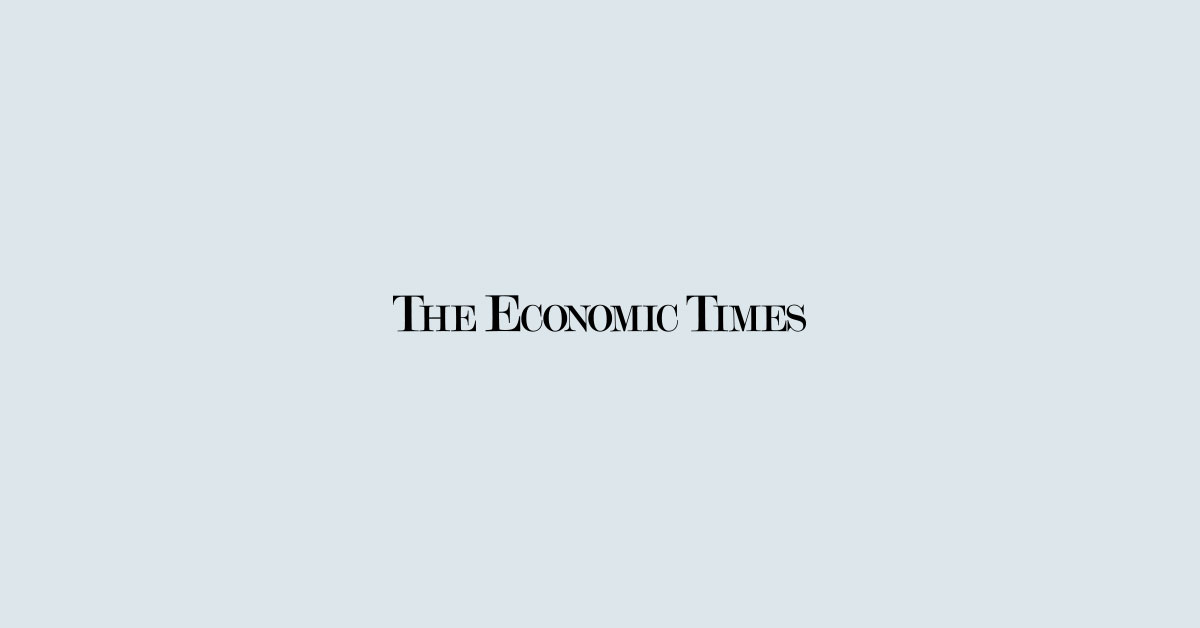
The exponential rise of India’s quick commerce sector with its “10-minute delivery” positioning highlights how Indian consumers are changing their lens towards convenience and value.
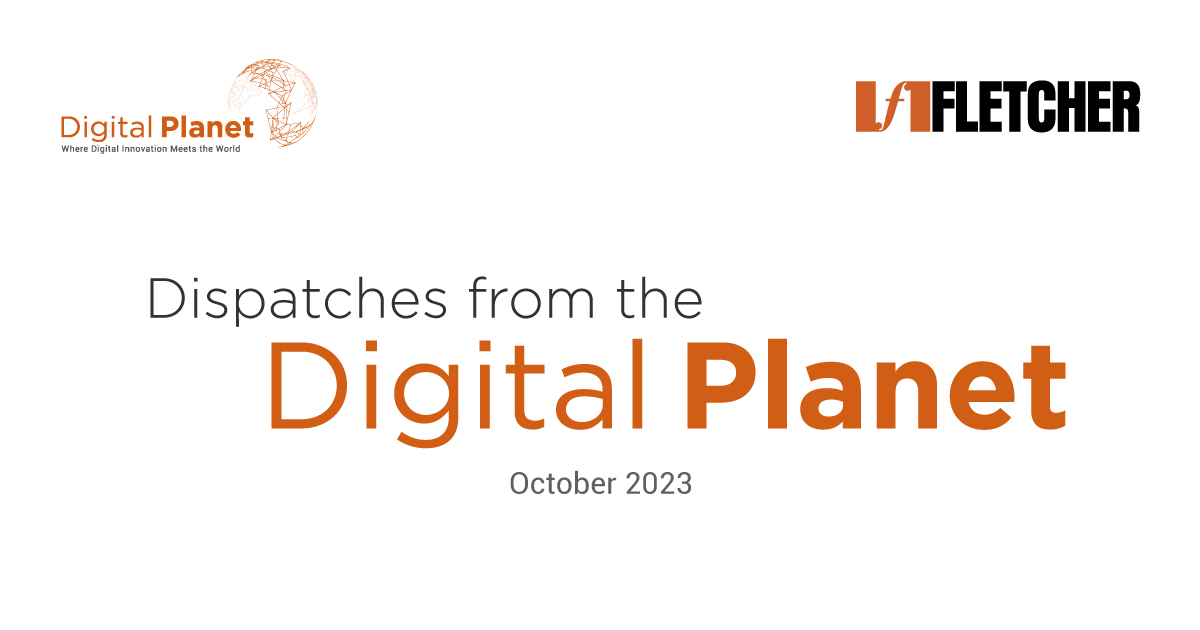
Dispatch from the Digital Planet is a monthly bulletin that talks about new updates in digital innovation across the world and their impact.
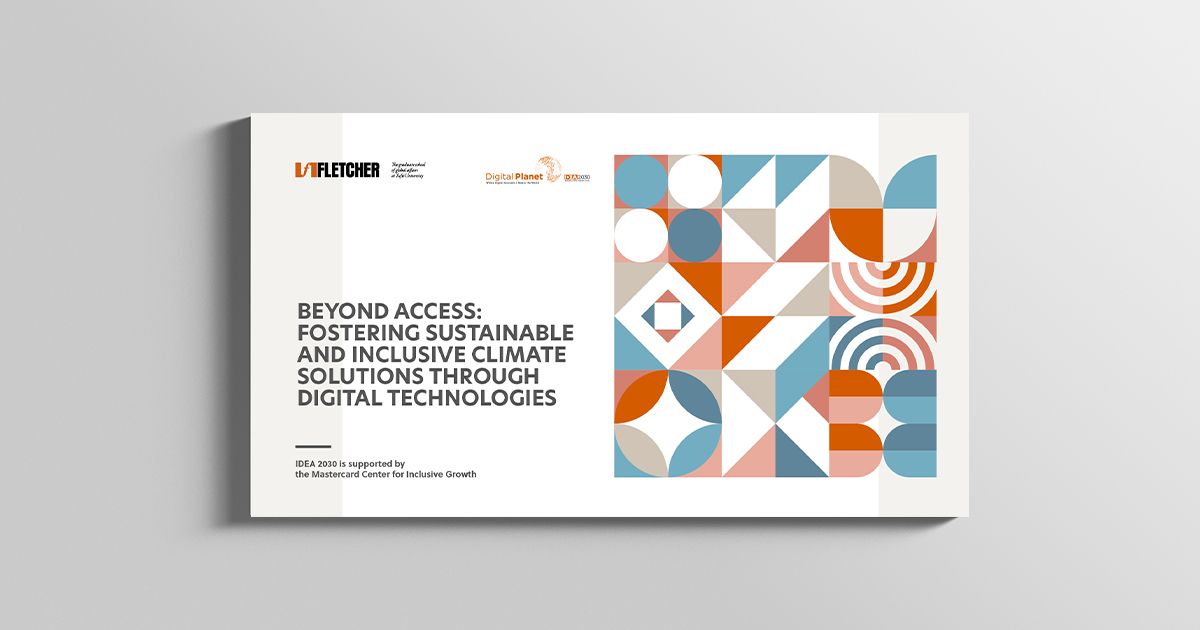
Innovative businesses are key to sustainable development. This research highlights three companies: Husk Power Systems (sustainable energy), Nexsis (solar panels for essential services), and ThredUp (secondhand e-commerce). Insights emphasize the value of pay-as-you-go models, digital tech’s role in sustainability, women’s empowerment via regenerative tech, the need for government support in renewables, and maintaining consumer demand.
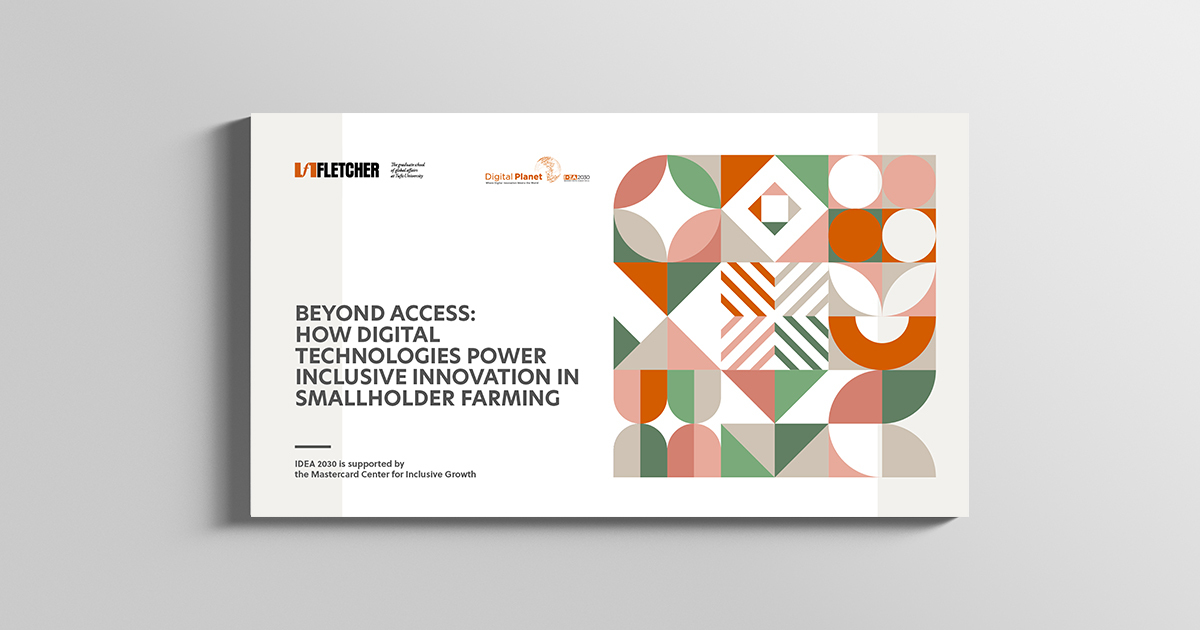
In this second edition of the case compendium, we cover three
enterprises working in the education technology (ed-tech)
and upskilling industry in three distinct emerging markets.
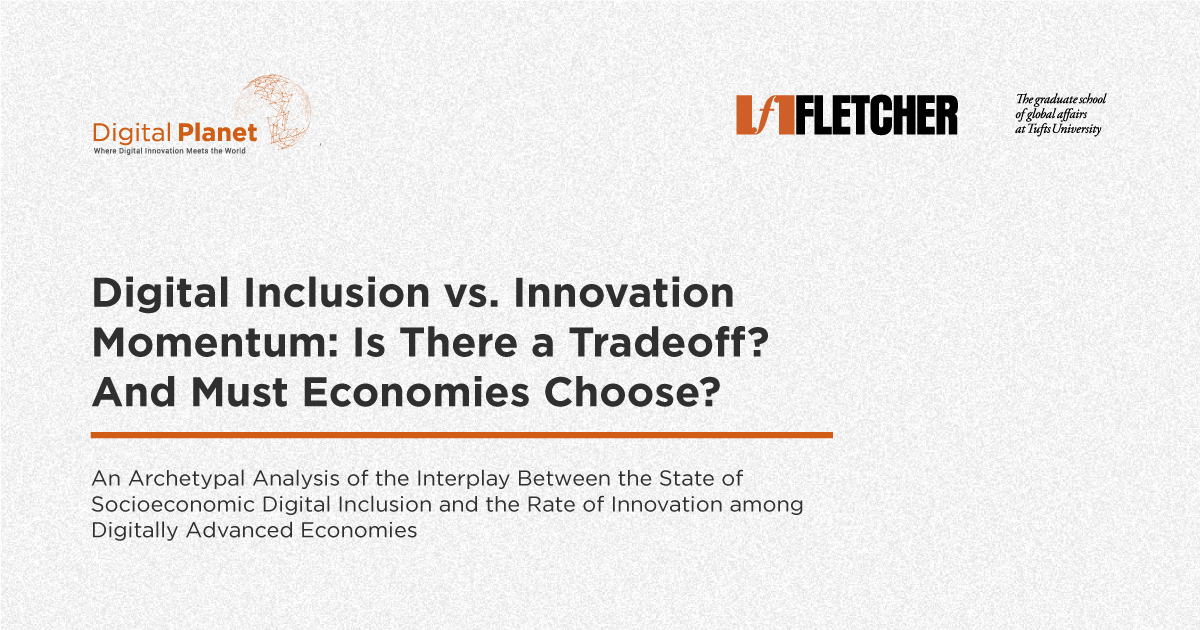
IDEA 2030’s report studies the link between digital inclusion and innovation. Key insight: As more join the digital economy, value creation focuses on affluent users, widening digital disparities. Policy interventions are needed for inclusive innovation.
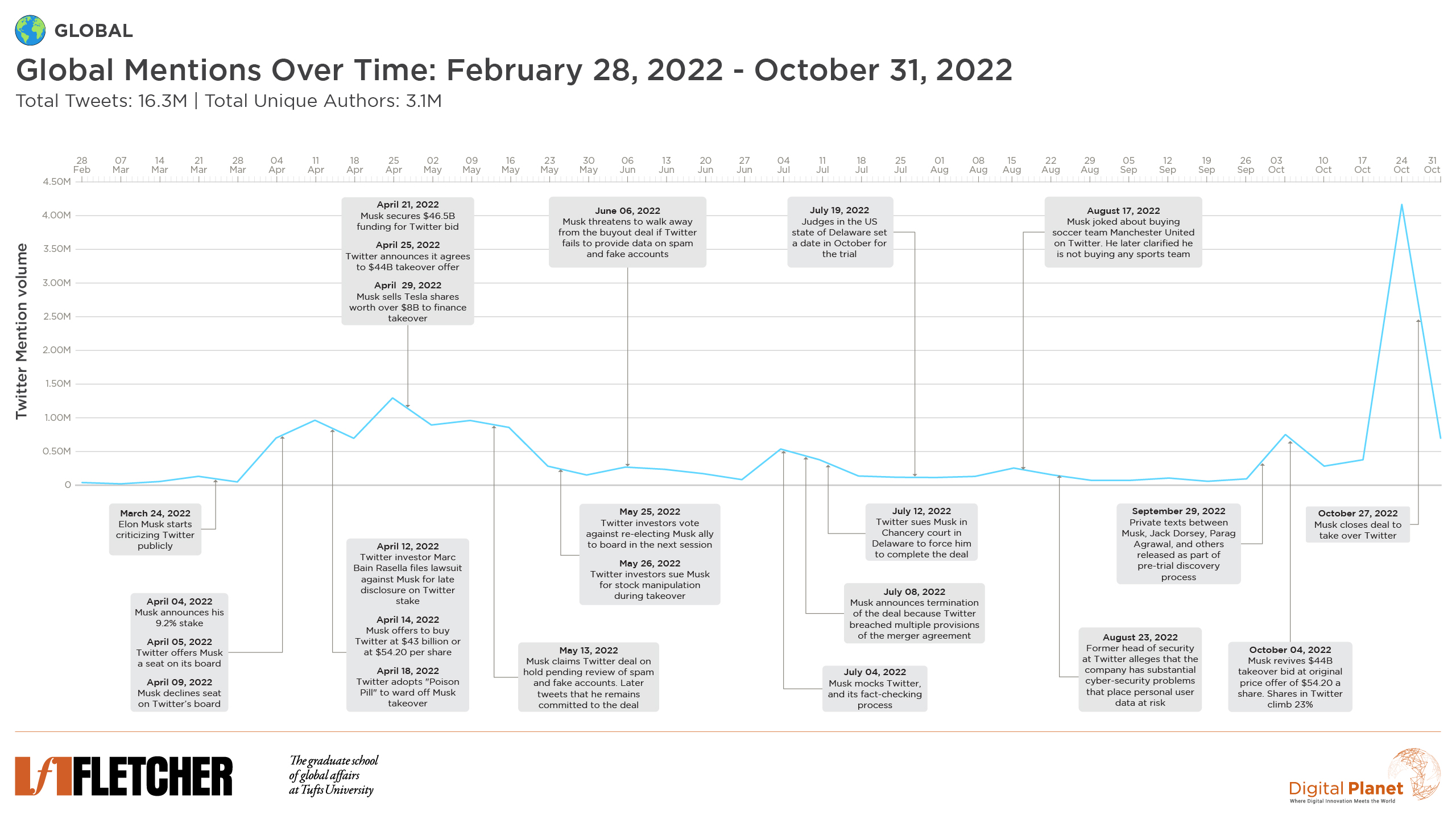
Examining 16.3M tweets (Feb-Oct ’22) from 5 nations on Elon Musk’s Twitter takeover, reactions shifted: positive to criticism, negativity to buyout plan, sadness on his control. Across countries, emotions followed Musk’s moves on Twitter.
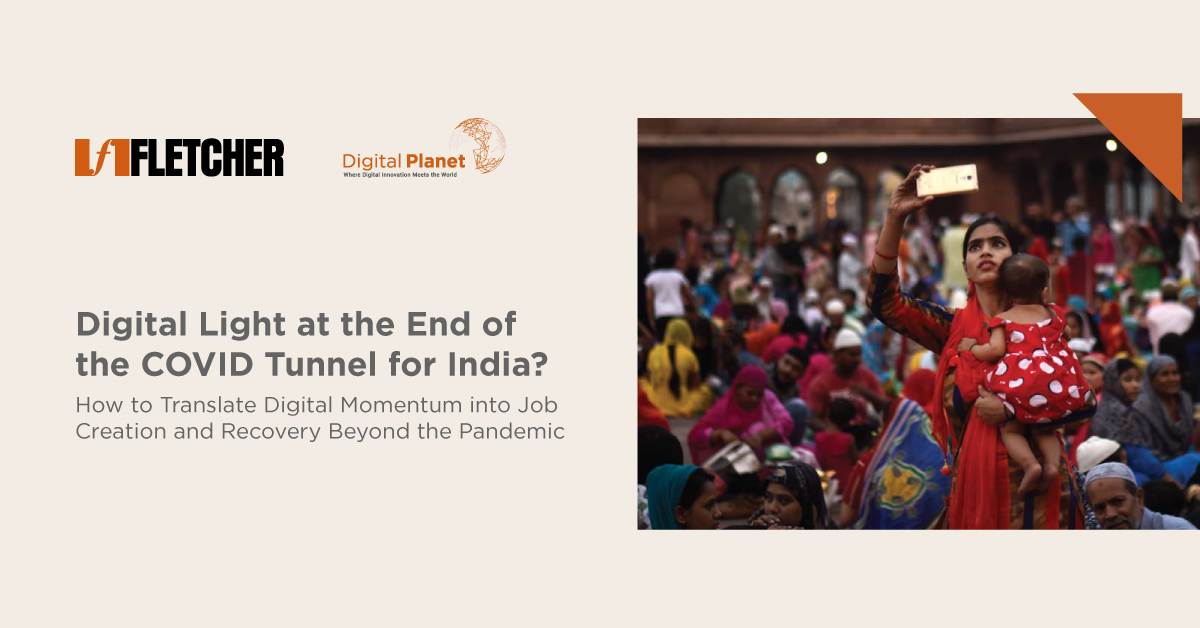
Explore COVID-19’s effects on India’s digital economy, from lockdown challenges to the inclusion paradox. Discover strategies to bridge the gap and unleash India’s digital potential.
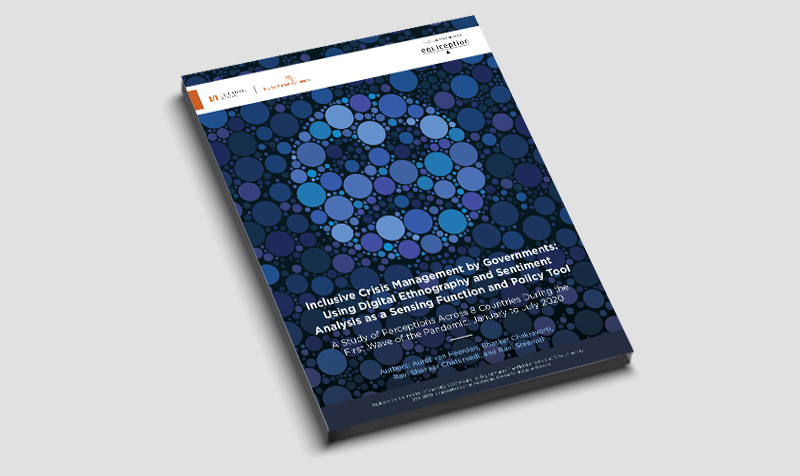
How can real-time social analytics provide a tool for inclusive policymaking? This report uses a dataset of over 873 million online interactions drawn from more than one hundred social and mainstream media channels to analyze public sentiment and emotion in response to the pandemic management of eight governments between January and July 2020.
In collaboration with Equiception
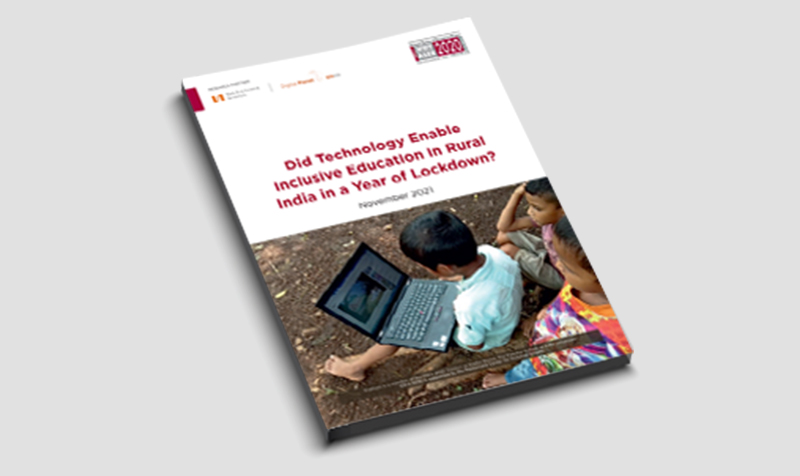
Recent global estimates suggest that school closures and unequal access to technology-based educational inputs used for remote learning will aggravate the existing equity gaps in education. ASER Digital Check 2020 captures information on various dimensions such as children’s sex, their school type, and their parents’ education level to explore this widening equity gap in education in rural India.
In collaboration with ASER Centre, Pratham India

The under-representation of women in high-paying STEM roles is a vexing issue that exposes a systemic inertia across the industry.
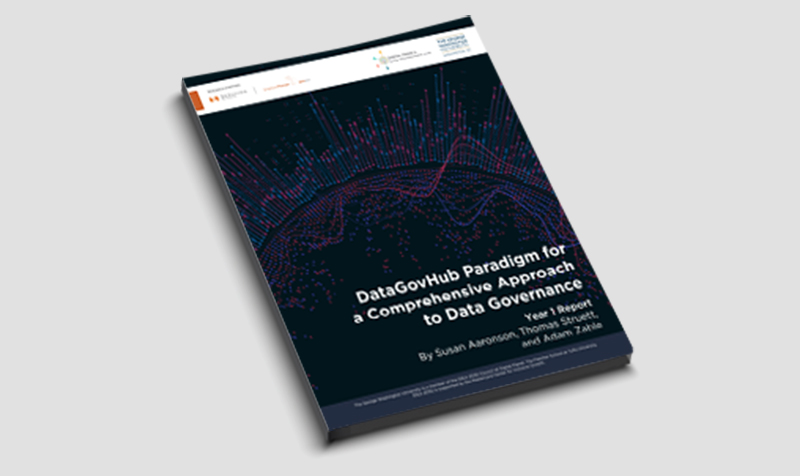
Policymakers face the challenge of governing diverse data effectively to build trust in a flexible, ethical, and accountable manner.

It is an oxymoron. Parallels between Russia’s and India’s attempts to shake free of US Big Tech’s hegemony are worrying.

We present Progress to Digital Parity—an interactive scorecard that tracks the journey towards realizing the goal of a digital economy for everyone, everywhere.

The needs of the global sustainable development agenda are both broad and urgent, and innovation models are central to addressing them in a timely, efficient, and scalable manner, from promoting inclusive growth and ensuring the longevity of natural resources to addressing issues across the state of the human condition.
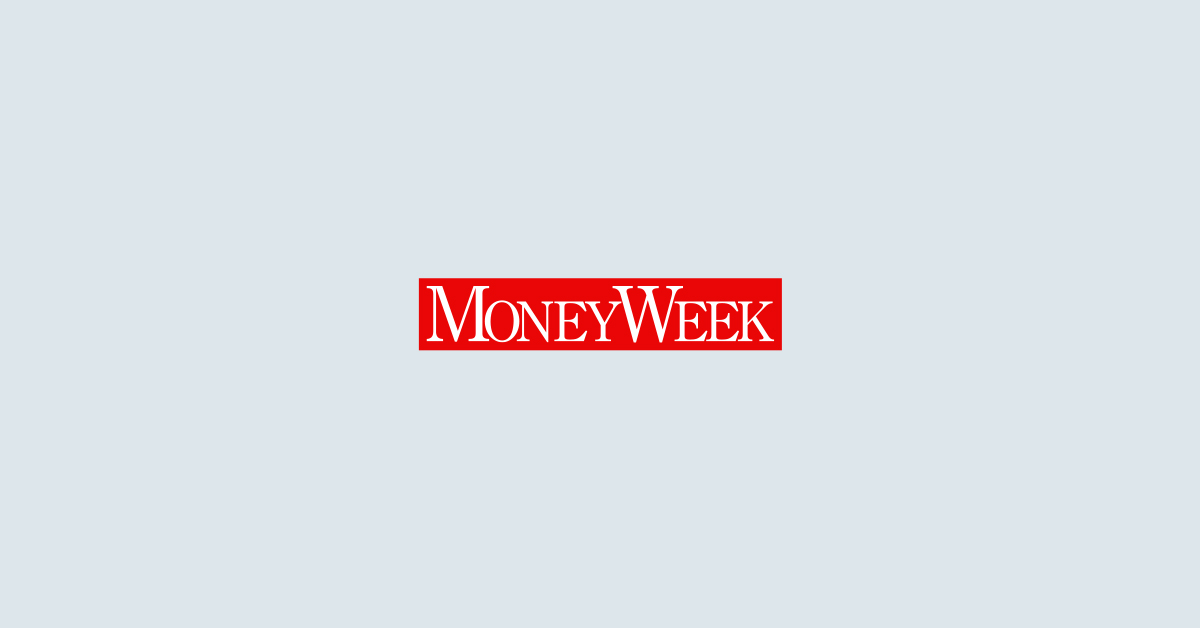
India’s equity market is booming, but what impact does this have on the digital market?

Bhaskar Chakravorti discusses the reasons behind Chairman Xi Jinping’s crackdown on fintech companies and investor interest in India’s startups.
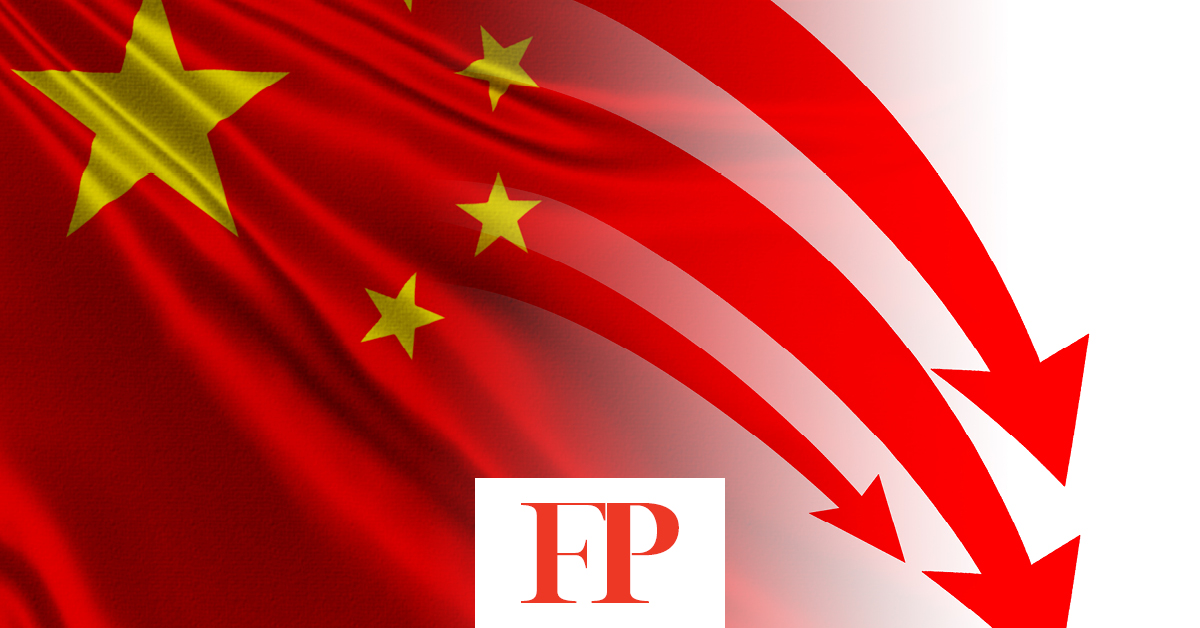
Following President Xi Jinping’s crackdown on the Chinese tech industry, Bhaskar Chakravorti says investors are setting their sights on India.
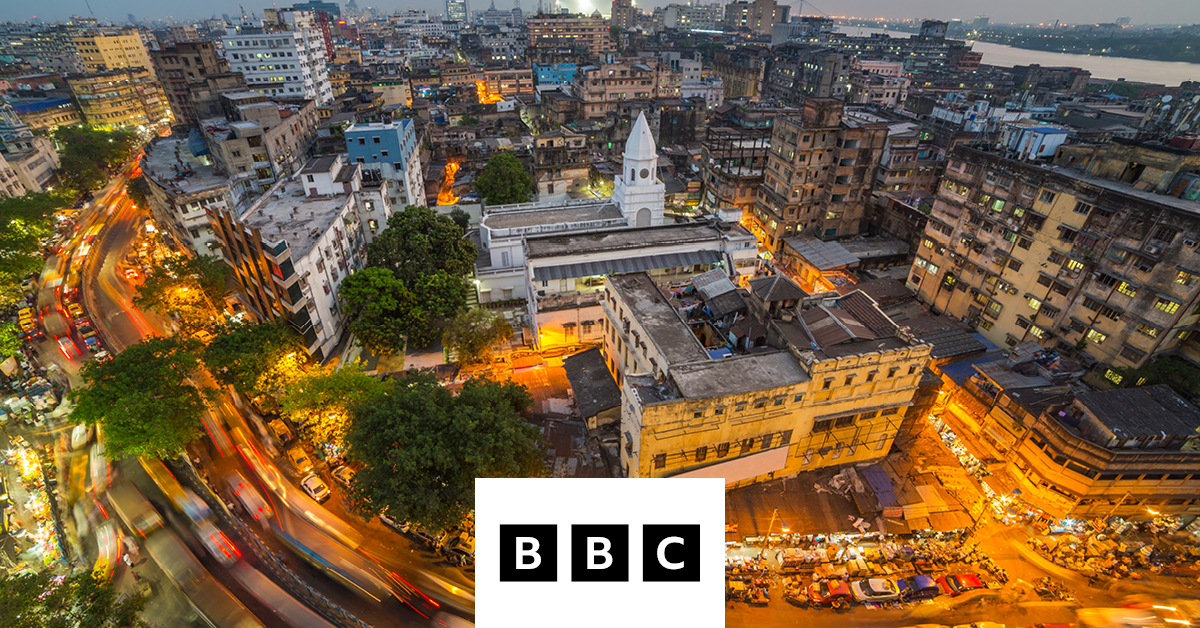
Bhaskar Chakravorti on the BBC discusses India’s plan for a new digital census, and explains the challenges and opportunities that come along with it.

The last thing India can afford is a bubble that bursts and for capital, talent and technology to take flight and seek refuge elsewhere.
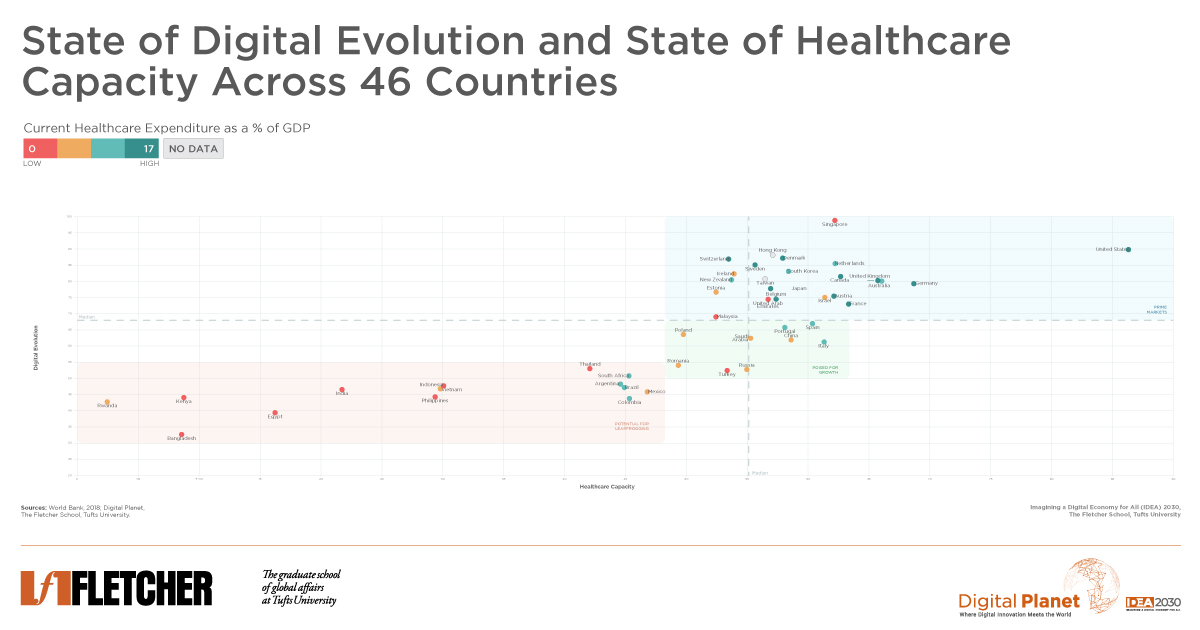
Global healthcare digitization varies wildly. Our study in 46 countries identifies virtualized healthcare opportunities, enabling lagging nations to leapfrog with digital tools for quality care.

Experts say the solution is to make remote work the default.

Bhaskar Chakravorti said “Nobody is safe until everyone’s safe,” when asked about the COVID-19 outbreak in India.
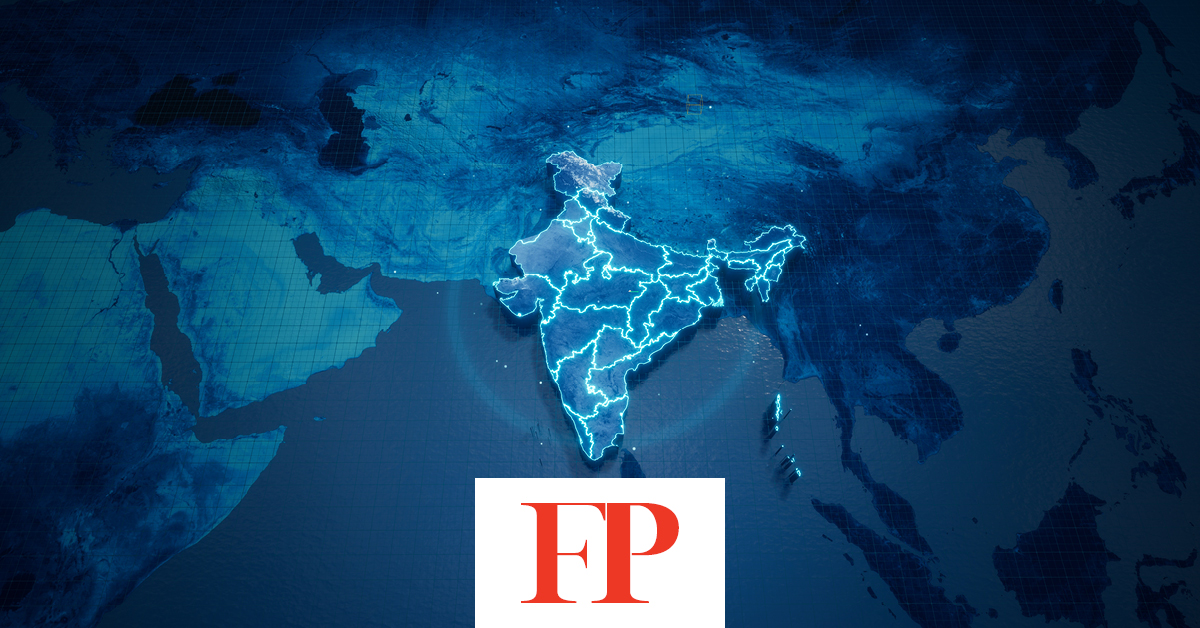
India is a warning about unintended consequences for those looking to regulate Big Tech in the United States.
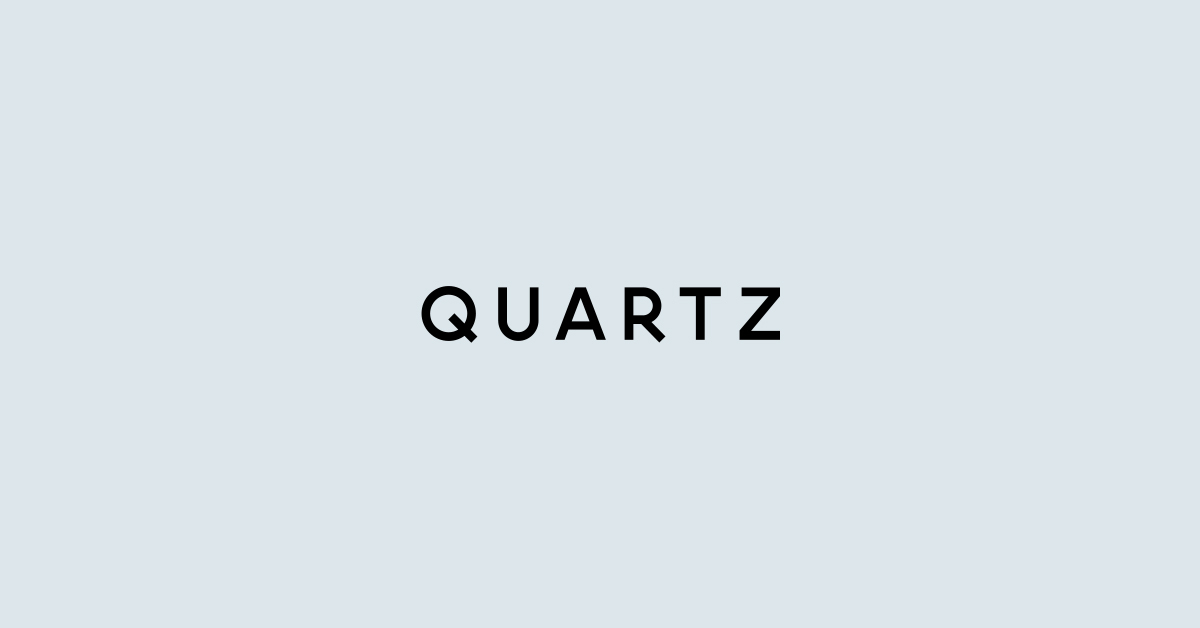
Director of Digital Planet Research Ravi Chaturvedi shares an assessment of Reliance Industries’ diversification and investments into technology ventures.

Director of Research Ravi Shankar Chaturvedi explains the hurdles Indian Billionaire Mukesh Ambani may face in turning Jio into a global tech empire.

An interactive research report that indexes trust in the digital economy and its evolution across 90 economies during the COVID-19 pandemic. This report features a collaborative research platform that provides data and evidence-driven actionable insights to leaders in government, business and technology.
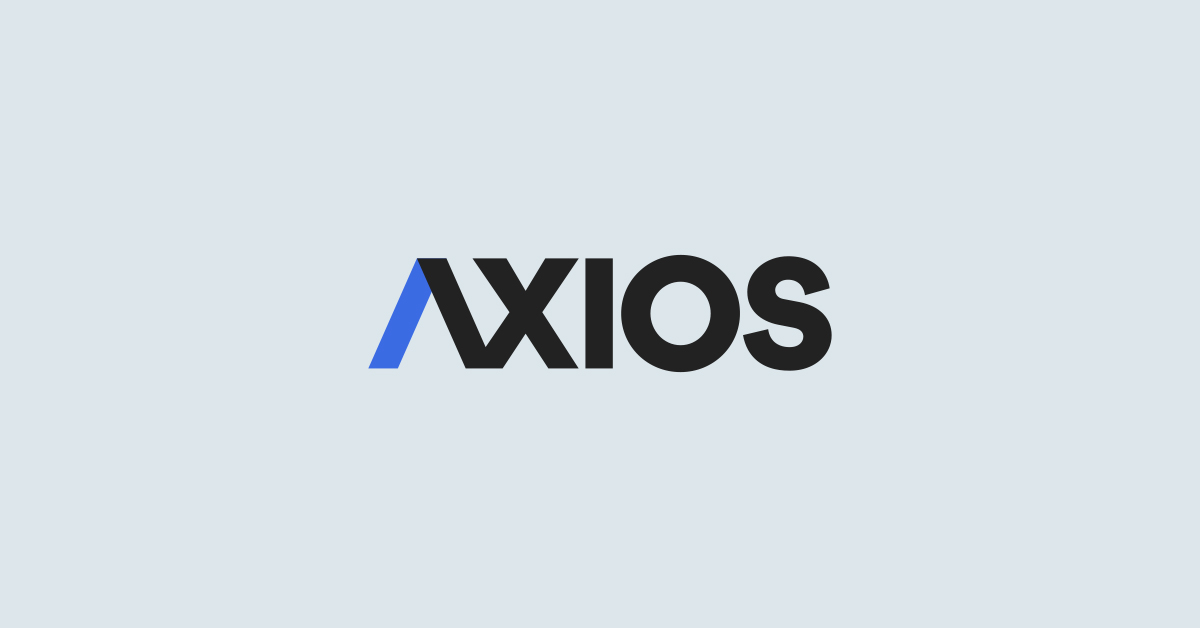
Despite India’s and China’s economic might, these countries have far fewer remote jobs than the U.S. or Europe. That’s affecting the emerging economies’ resilience amid the pandemic. Erica Pandey sites findings from the Digital Intelligence Index in her article on Axios.

Bhaskar Chakravorti describes the economic and social tolls that COVID-19 has taken on India, citing insights from Digital Planet’s Social Distance Readiness Benchmark.

Bhaskar Chakravorti writes about eight digital realities of the Indian market and the realities behind initiatives to digitize the country.

Bhaskar Chakravorti discusses research from Digital Planet, which found that India is one of the least equipped countries for remote-working readiness.
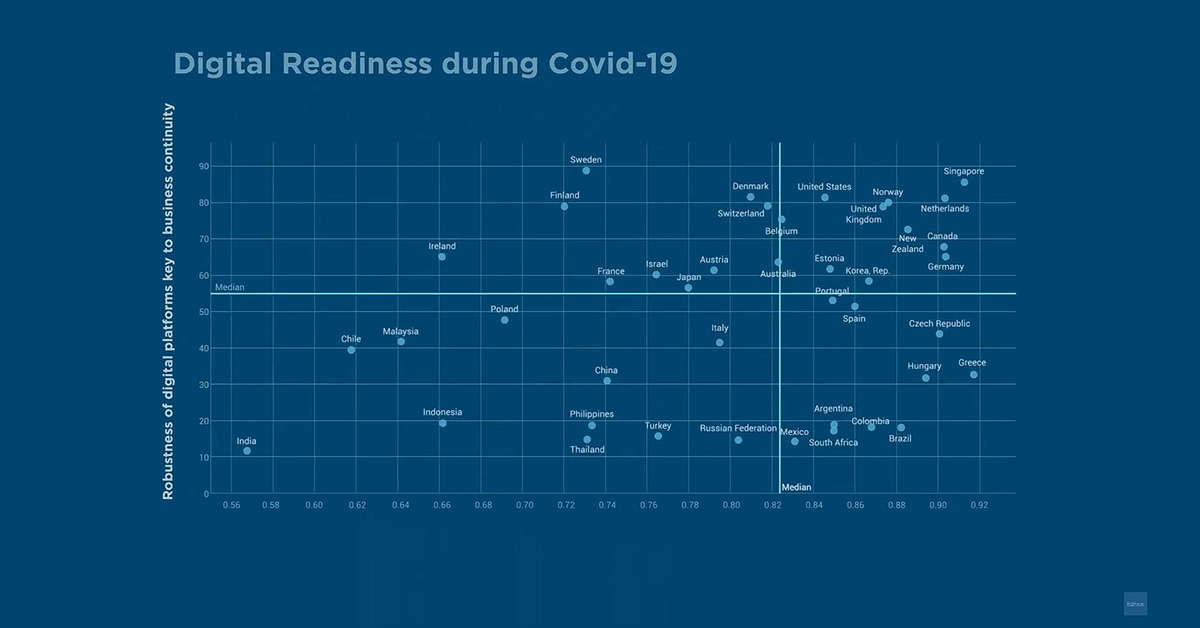
Are countries around the world prepared to keep the wheels of their economies turning during Coronavirus lockdowns? Watch the Social Distance Readiness Benchmark video summary to find out.
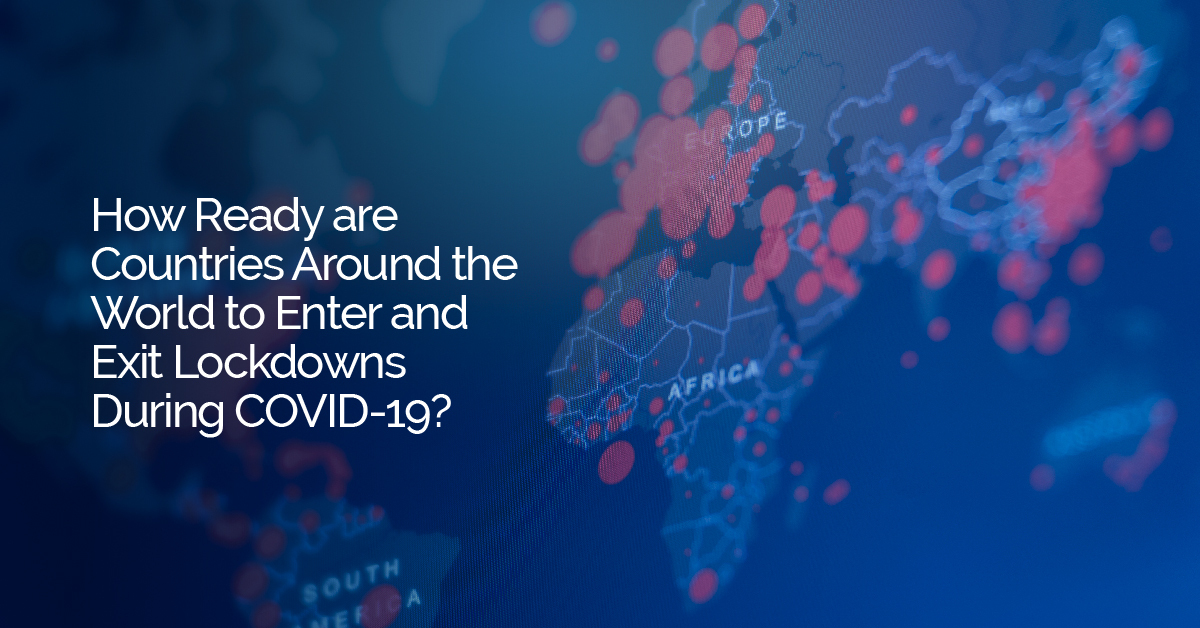
A Social Distance Readiness analysis of 42 countries measuring the robustness of their digital platforms; resilience of internet infrastructure to traffic surges; proliferation of digital payments options and percentage of workforce able to telecommute.

It is about time, Mark Zuckerberg (Facebook/WhatsApp), Sundar Pichai (Google/YouTube), Jack Dorsey (Twitter) and Zhang Yiming (TikTok) made some tough calls, much like what their own political leaders have done.

The first lesson you’d learn is that even the Chinese have given up on crude techniques like wholesale internet shutdowns.

If the yardstick of effectiveness of any scorecard or ranking were tangible efforts, by those graded, to “improve bad ratings or maintain good ones,” few come even remotely close to the World Bank’s annual Doing Business survey.
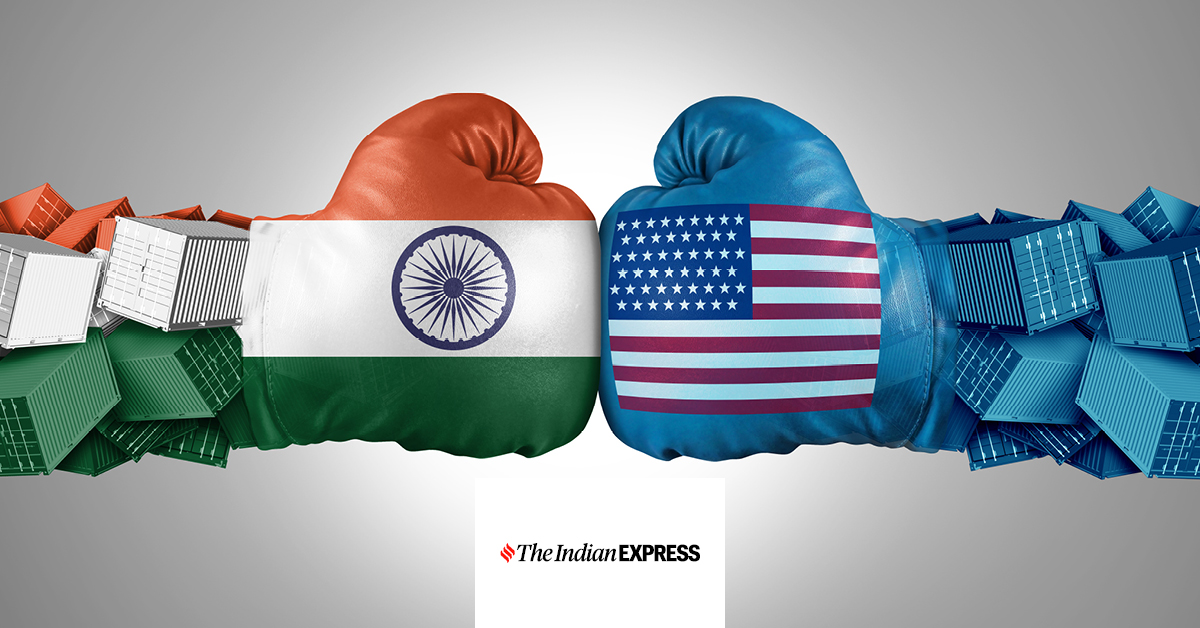
Can Jaishankar persuade U.S. authorities to recognize that immigration restrictions may not help Americans get jobs?

Indian millennials had been handed a political bonanza: Two terms of Modi, a leader they adore at home and in Houston; a muscular post-Article 370 India, which seems to have left a mark on relatively few millennial consciences; and demonetisation, a bad idea then, worse idea now, but popular nevertheless with the demographic.

Harvard Business Review | Bhaskar Chakravorti analyzes the strengths and weaknesses of India’s government in Harvard Business Review.
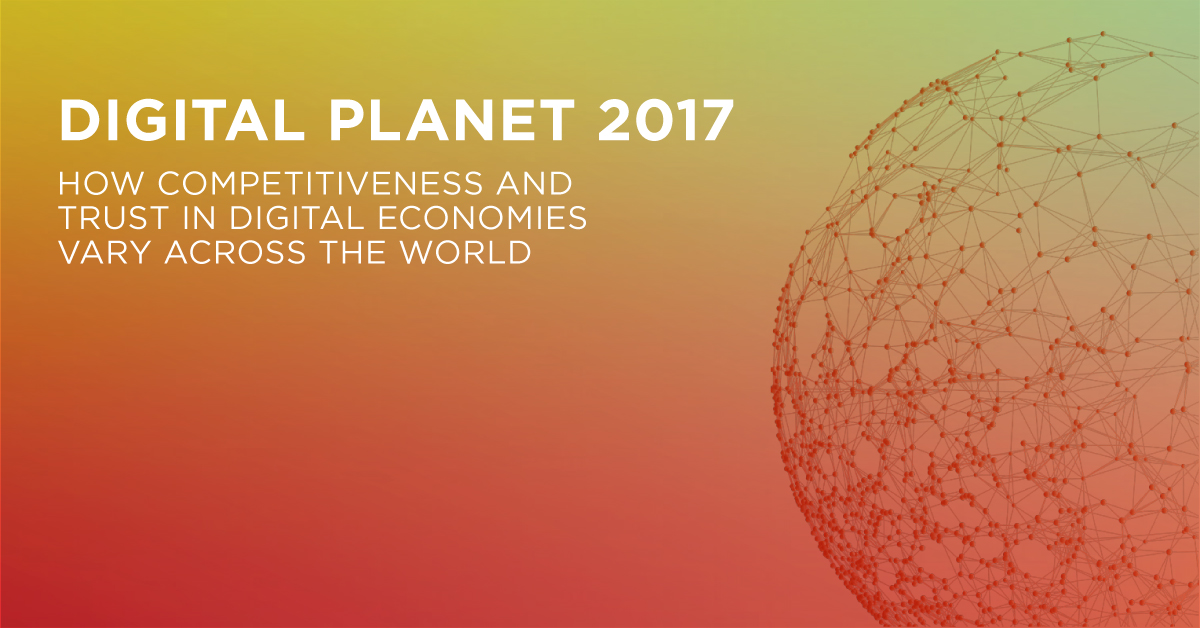
The Digital Evolution Index 2017 is a data-driven holistic evaluation of the progress of the digital economy across 60 countries, combining more than 100 different indicators across four key drivers: Supply Conditions, Demand Conditions, Institutional Environment, and Innovation and Change. The resulting framework captures both the state and rate of digital evolution and identifies implications for investment, innovation, and policy priorities.
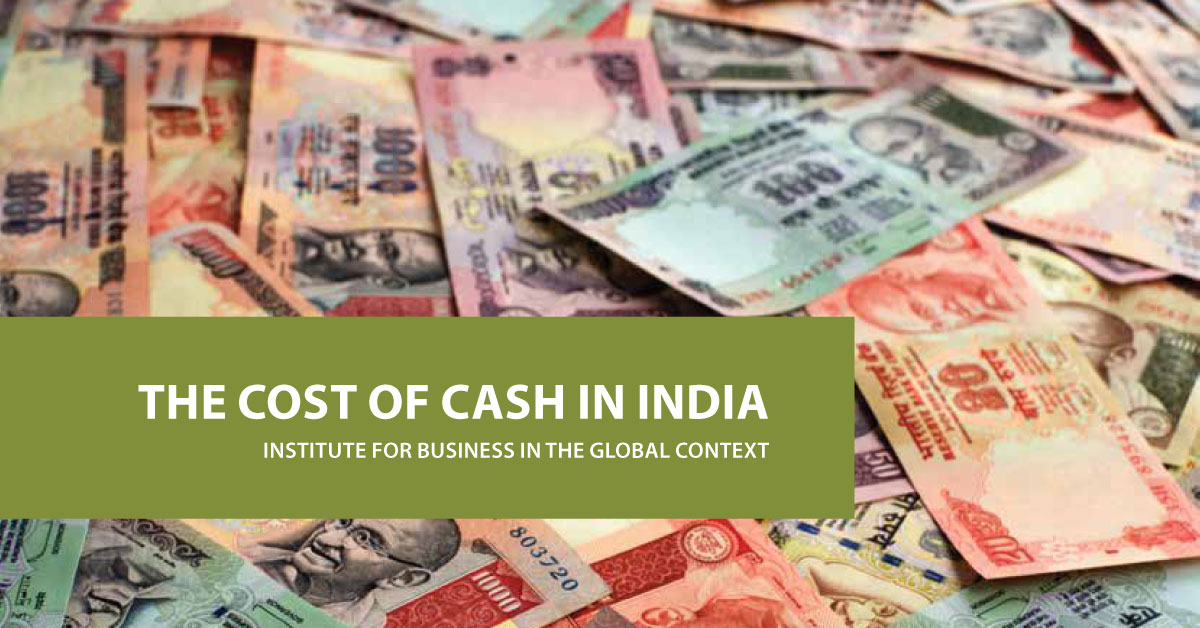
India’s economic growth propels financial revolution via modern services. Cash-heavy economy, low non-cash payments, high cash management costs analyzed. Technology, Aadhaar key for cash-to-digital shift. RBI, banks face currency operation costs. Report stresses payments’ role in inclusion, cash reduction benefits.